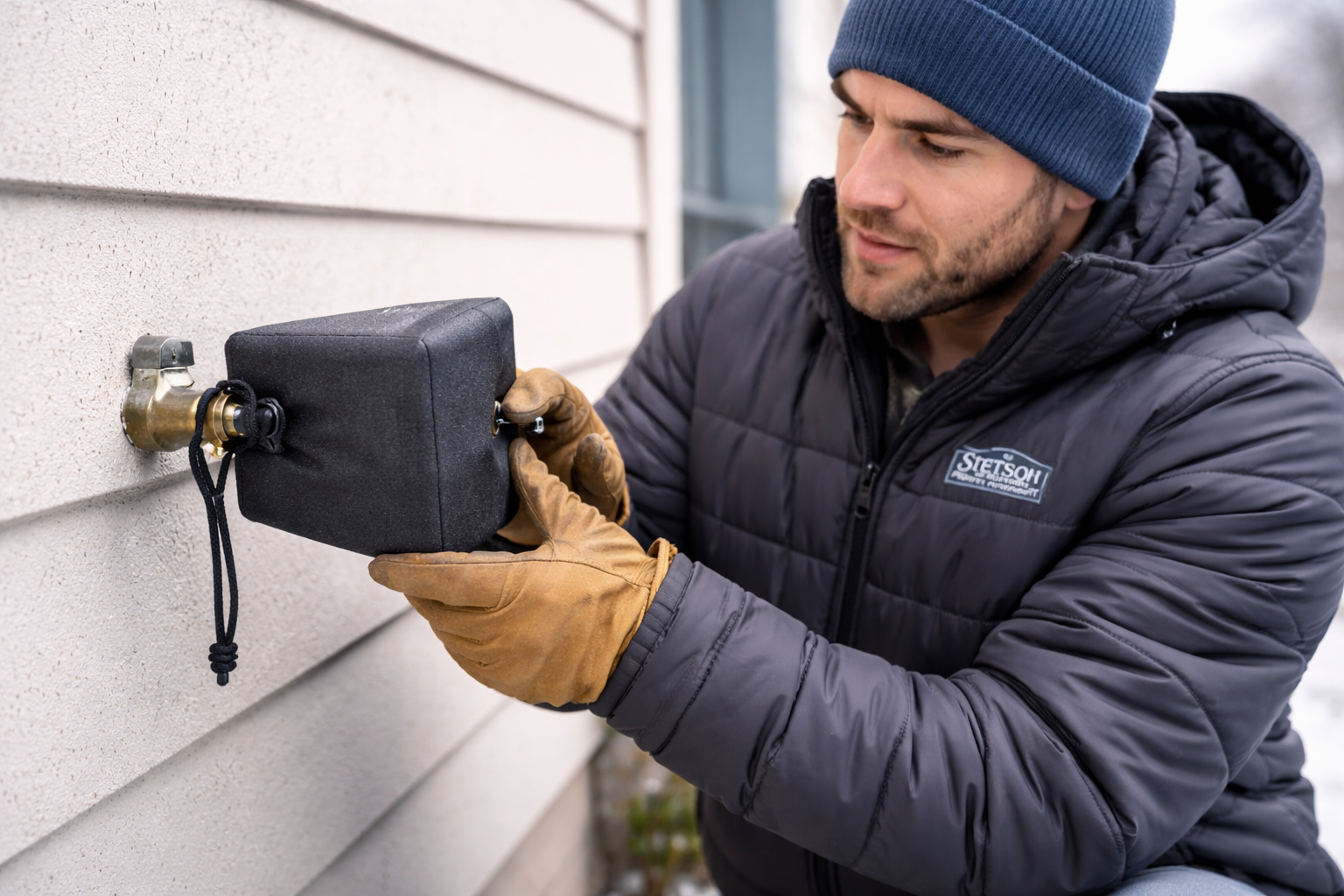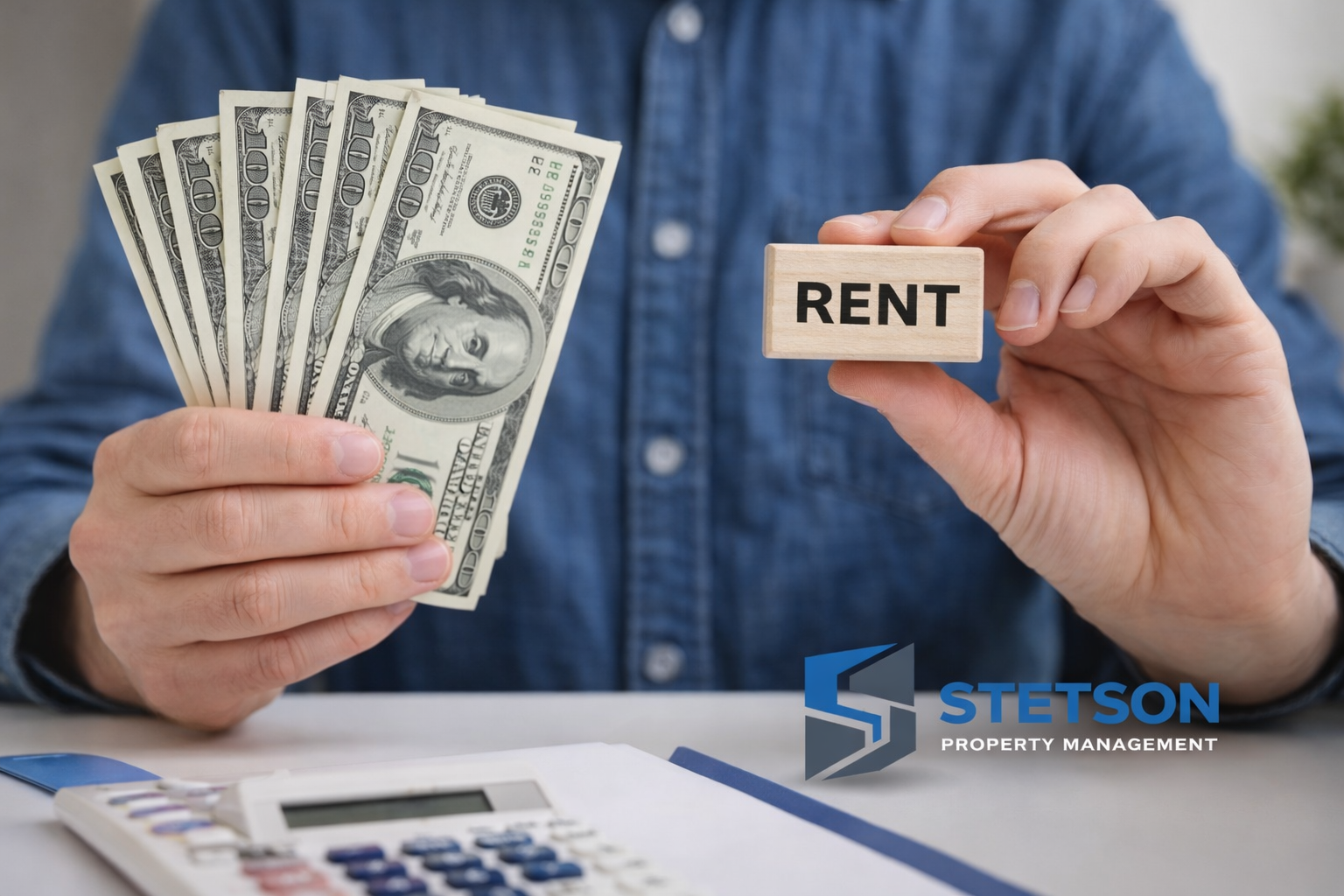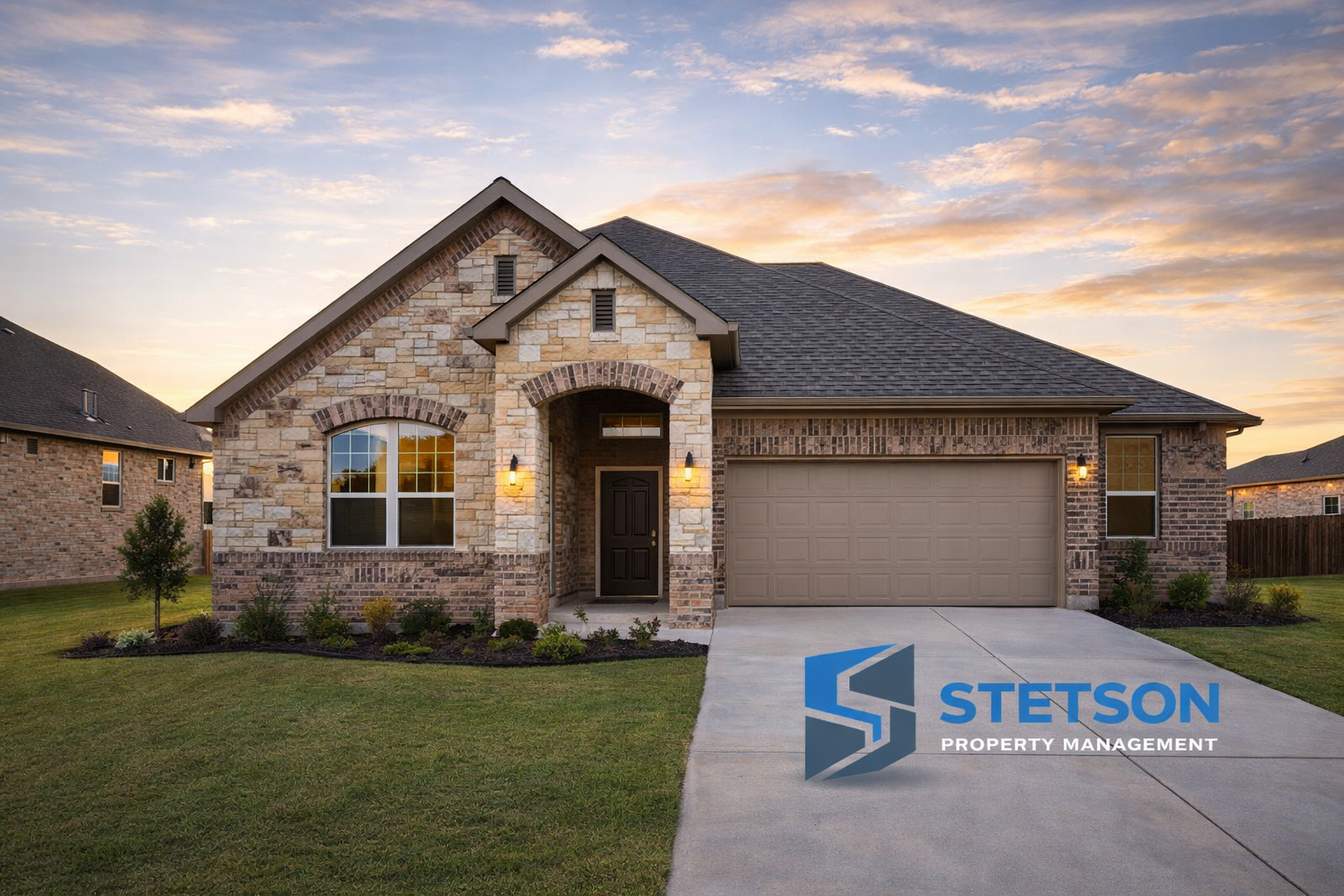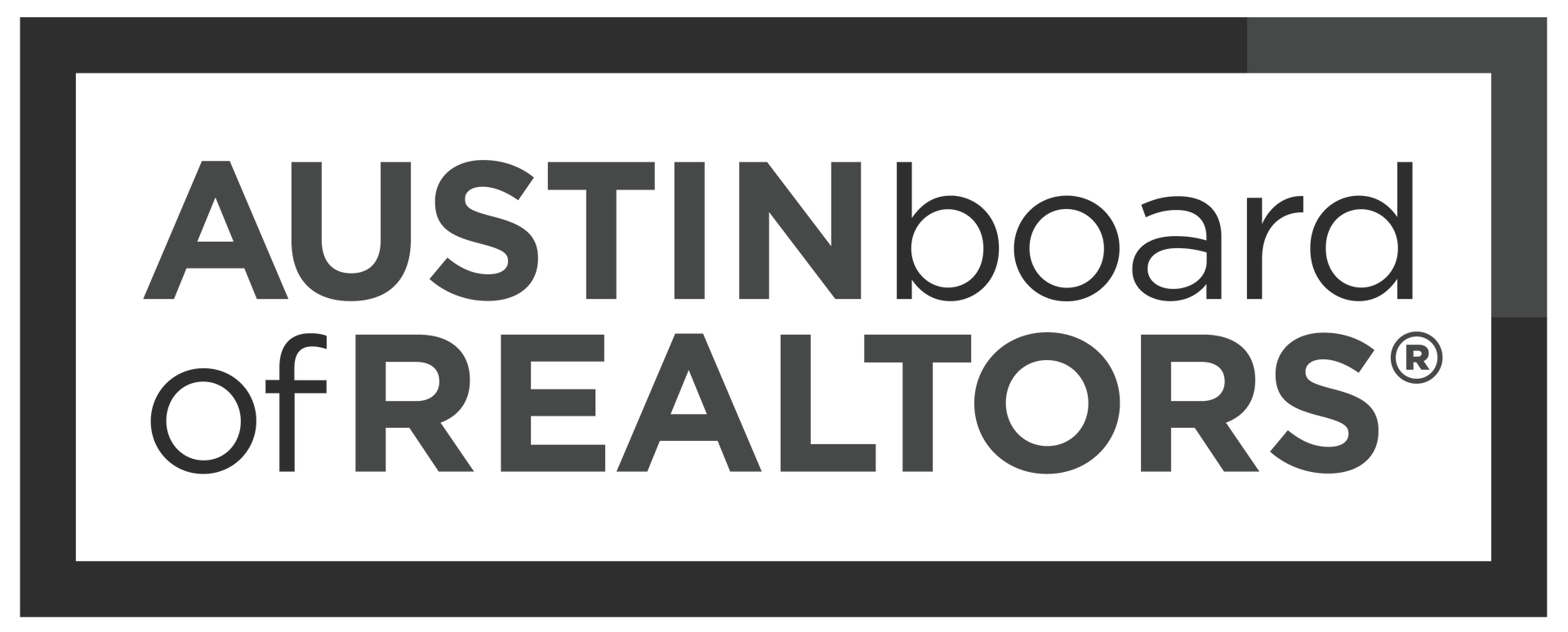What Damages Can You Deduct From Your Rental Security Deposit
What Damages Can You Deduct From Your Rental Security Deposit
When a tenant moves out, you want to turn the property over as soon as possible. So, you schedule a walk-through inspection with the tenant, or you inspect your property as soon as they move out. Wear and tear are inevitable, but you may be wondering what damages can be deducted from the rental security deposit.
What Can You Deduct From a Rental Deposit in Texas?
Texas Property Code Chapter 93 states that a landlord must distinguish between “normal wear and tear” and “damage”. Damage is defined as tenant negligence, accident, or abuse.
How long a tenant lived in the property is a factor in this equation. For example, deducting damaged patio blinds for a tenant who lived in your property for 1 year is reasonable. If a tenant lived in your property for 5+ years, the damage likely falls into the “general wear and tear” category. It’s simply time to replace the blinds.
You can’t deduct for maintenance and repairs that are out of a tenant’s control. For example, it’s your job to schedule annual or semi-annual interior, exterior, home system, and appliance inspections. If you find that the siding, roofing, or foundation requires repair or replacement, this is almost always your expense.
When deductions are found, depreciation must be factored in when applicable. For example, if you need to replace a damaged dishwasher, you can’t charge the full ticket price.
Common Deductible Damages
#1. Excessive Wall Damage
Expect most walls to have at least a few holes from nails, screws, and push pins from artwork, TV mounts, and wall décor. Also expect general scuffs and scratches. You can’t deduct for these, as they’re easily patched before repainting.
What you can deduct from the rental security deposit:
· Holes larger than a standard thumbtack, nail, or screw.
· An excessive number of push pins, nails, or screw holes.
· Removing unauthorized wallpaper, decals, or wall treatments.
#2. Damaged Flooring
Whether you have wood flooring, carpet, laminate, stone, or other flooring, you must expect general wear and tear. For example, the carpet in the hallways and in other high foot traffic areas inevitably wears down.
What you can deduct for:
· Burns
· Tears
· Pet urine
· Deep scratches
· Food and beverage stains
#3. Excessive Cleanliness Issues
Even though you’ll have the apartment cleaned after painting and turnover repairs, tenants are responsible for keeping their rental clean and restoring it to move-in condition.
What you can deduct:
· Excessive grease build-up in the kitchen.
· Dirty or stained oven, cooktop, or backsplash.
· Excessive mold and mildew in the sinks, bathtubs, or property.
· Removing garbage, furniture, or other items left behind.
· Professional deep cleaning vs. standard turnover cleaning.
#4. Broken, Damaged, and Altered Fixtures or Features
Depreciation and length of tenancy are larger factors in this category. For example, you may deduct holes in window screens after a 1 year lease, but not after a 4 year lease. Be mindful that you may not charge for some unauthorized alterations. For example, if a client installed a luxe light fixture in the dining room, a decorative built-in in the living room, or made smart home upgrades—you may keep them without deduction.
What you can deduct for:
· Broken or missing light fixtures
· Misssing door frames
· Broken door handles or locks
· Pet urine, scratches, and chew marks
· Dirty, stained, or damaged appliances
Let Us Manage Your Rental Security Deposit Refund and Deductions
Stetson Property Management takes the stress out of processing your security deposits. We complete your walk-through inspection, schedule painting, maintenance, and repairs, and notify you of damages and deductions.
We turnover your property ASAP and return the deposit (with or without deductions) within 30 days of the tenant vacating their lease. This is all while marketing your property. That is if we didn’t secure a new lease before the last tenant moved out!

















